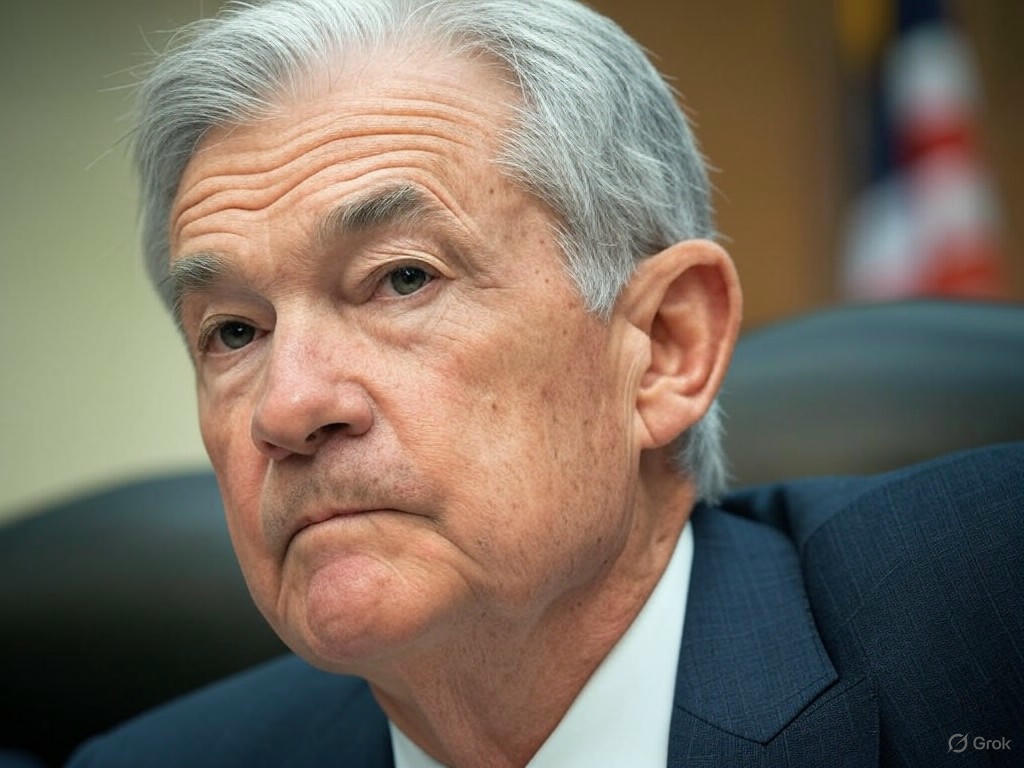As the U.S. economy navigates a complex landscape of inflation and growth concerns, Federal Reserve Chair Jerome Powell is set to face intense scrutiny from Congress this week. Lawmakers are eager to understand the central bank’s reluctance to adjust interest rates despite mounting pressures from various economic indicators. Powell, who has maintained a cautious approach alongside most Fed policymakers, will have two opportunities to address these concerns in public hearings, shedding light on the rationale behind the current monetary policy.
The Federal Reserve’s decision to hold interest rates steady has sparked debate across political and financial spheres. With inflation still a lingering issue for many households and businesses, some legislators are pushing for more aggressive rate cuts to stimulate spending and investment. Others, however, worry that lowering rates too soon could reignite inflationary pressures, undoing the progress made over the past year. Powell’s testimony will likely focus on balancing these competing priorities while reinforcing the Fed’s commitment to its dual mandate of price stability and maximum employment. Analysts predict he will emphasize the importance of data-driven decisions, pointing to mixed signals in recent economic reports as justification for the wait-and-see approach.
Beyond inflation, lawmakers are expected to press Powell on the broader implications of sustained high interest rates. Small businesses and consumers, grappling with elevated borrowing costs, have voiced frustration over limited access to affordable credit. Meanwhile, sectors like housing and manufacturing remain particularly sensitive to rate changes, with slowdowns already evident in some regions. Powell may counter these concerns by highlighting the Fed’s vigilance in monitoring economic conditions and its readiness to pivot if clear evidence of a downturn emerges. His ability to navigate these discussions will be critical in maintaining public and market confidence in the Fed’s strategy.
Additionally, the hearings come at a time when political tensions are running high, with some lawmakers viewing the Fed’s independence as a point of contention. Critics argue that the central bank’s policies disproportionately impact certain demographics and industries, calling for greater transparency in decision-making processes. Powell is likely to defend the Fed’s autonomy, stressing that its actions are guided by economic analysis rather than political influence. This delicate balancing act will test his diplomatic skills as much as his economic expertise.
As the week unfolds, all eyes will be on Powell’s ability to articulate a coherent vision for the future of monetary policy. His words could either calm jittery markets or fuel further uncertainty, depending on how convincingly he addresses the concerns raised. With global economic challenges adding another layer of complexity, the stakes couldn’t be higher. Whether he can reassure Congress and the public that the Fed remains on the right path will be a defining moment for his tenure. For now, the nation watches and waits, hoping for clarity amid an uncertain financial horizon.
